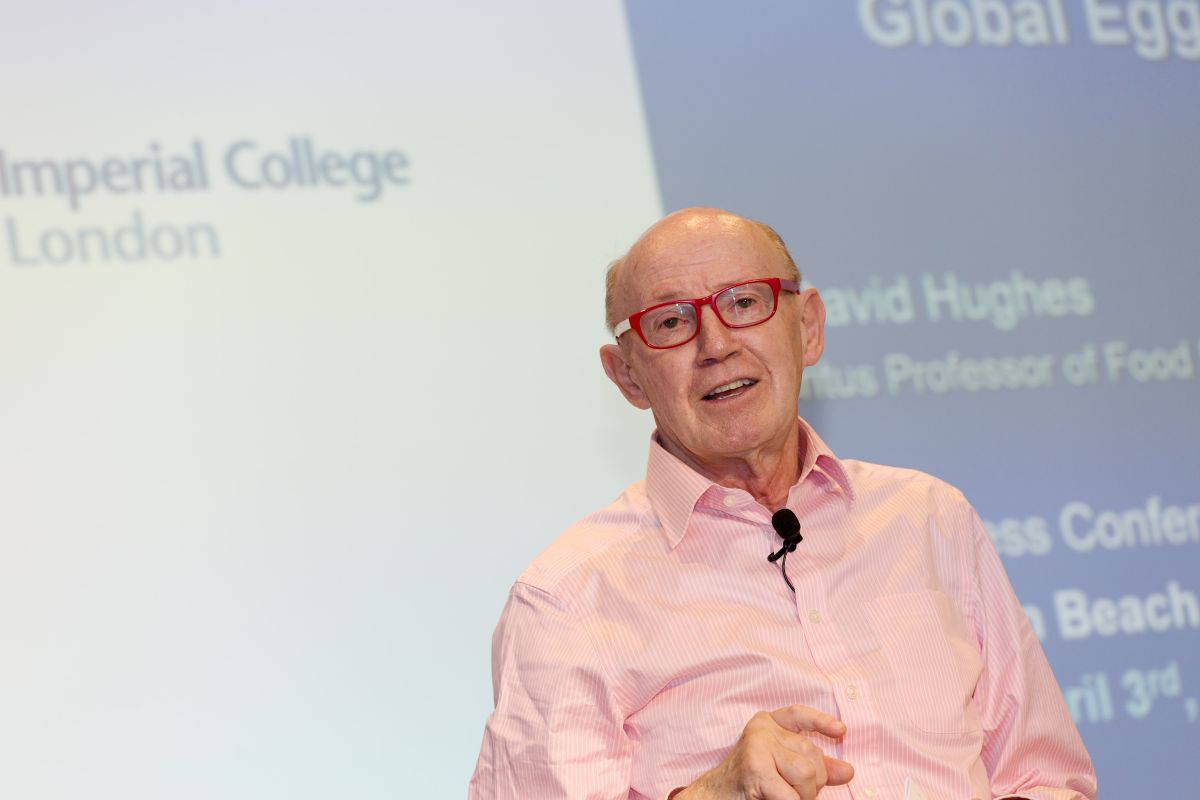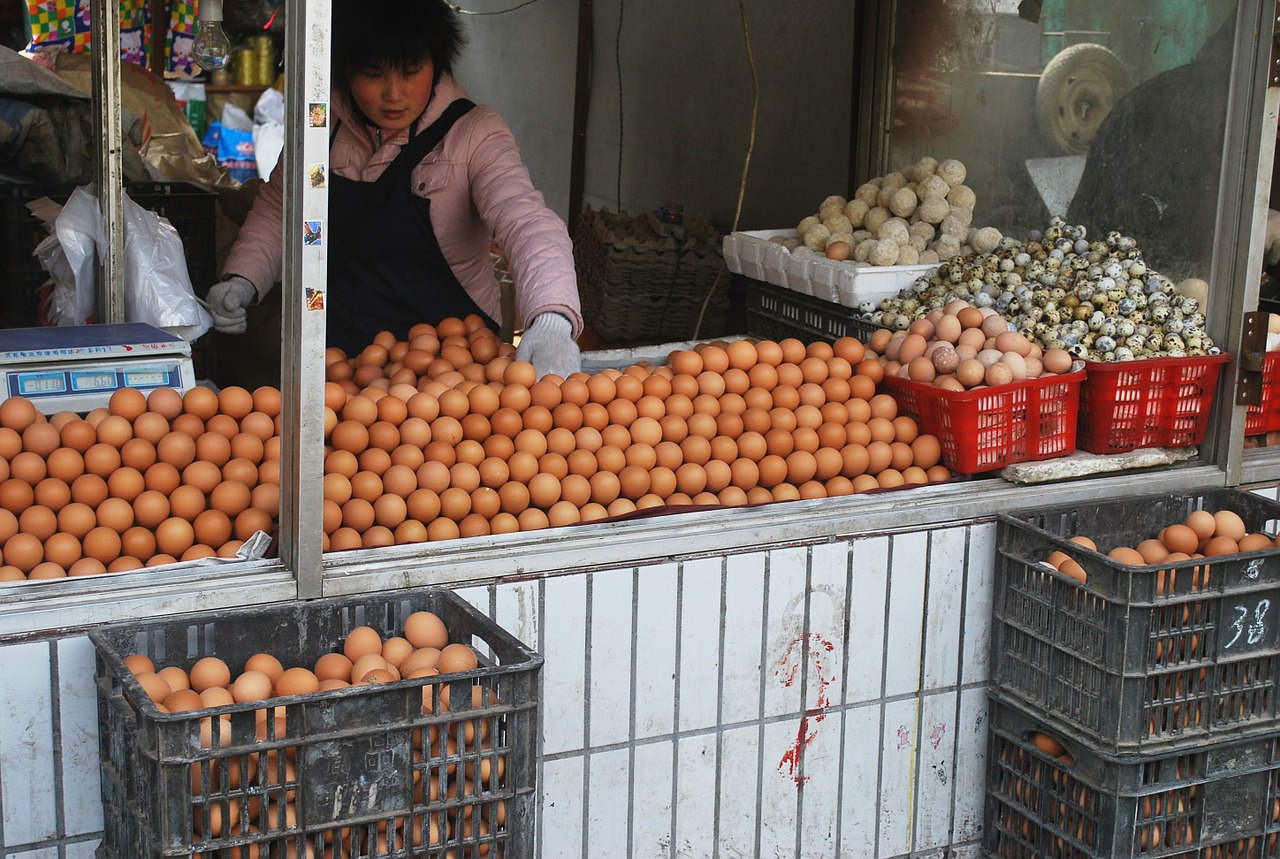
A leading food marketing expert says that consumers in many countries cannot afford to buy higher welfare eggs, and, he says, some countries, like China, do not even understand the concept of animal welfare.
In the United Kingdom demand for free range has been growing consistently. All the leading retail chains have committed to removing cage eggs from sale by 2025.
The same commitment has been made by retailers and food service companies in United States, where free range is still a minority, although growing niche.
But David Hughes, emeritus professor of food marketing at Imperial College, London, and visiting professor at Royal Agricultural University, says it is not the same elsewhere.
"Let's be fair, you go to emerging markets - a great egg consumer like Mexico, for example - I would bet that the greatest proportion of that market, people want to buy eggs, and they want to buy cheap eggs," he said during a presentation at the April conference of the International Egg Commission in Monaco.
His comments were in response to a question from a delegate, who asked whether he thought that the way eggs were produced mattered to consumers.
Cheap protein

David Hughes told IEC conference delegates that consumers in emerging markets simply wanted cheap protein.
"That doesn't mean they are nasty people who are unconcerned about how it was produced. There is no doubt that is in part of their mind, but they don't have the economic latitude to pay more, they want to just pay less if they can," he said.
The professor said that the issue of animal welfare had arisen during a recent trip to China, where he had addressed 250 post-graduate students.
"I was talking about food, as I normally do, and I was talking about animal welfare. The smartest person in the room was a woman right in the front row. She asked me, 'Exactly what is animal welfare?' The room didn't understand the concept of animal welfare," he said.
"In China, what looks like concern about animal welfare is concern about food safety. Free range has got nothing to do with the birds." He said the perception of free range in China was that birds were free from antibiotics or other things.
"Does that mean that China will not move into a strong interest in animal welfare? Of course they will. And what's more it will happen in an accelerated fashion," he said.
"I am often surprised in many emerging markets how quickly a market moves on. People are asking more questions about production."
Cage free by 2025
Over the last year an increasing number of retailers and food service companies in the United Kingdom have declared that they will go cage free over the next decade.
There has also been a trend towards sourcing free range eggs by processors, as the market responds to consumer demand.
Sainsbury’s, the Co-op and Waitrose have all been cage-free retailers for some time, but Tesco – Britain’s biggest supermarket chain - had until last year resisted pressure to follow them.
Then, an online petition started by a 14-year-old British girl, calling for Tesco to stop selling cage eggs, went viral. The company subsequently announced that it would do so. Asda and Morrisons did the same, as did the discounters.
In the United States companies like Walmart, which owns the United Kingdom supermarket chain Asda, have committed to selling only cage free eggs by 2025, following a successful campaign by animal rights activists in the US.
Other big names to have made the commitment include Subway, Costco, McDonald’s, Burger King, Nestle, Sodexo, Aramark, Heinz, Starbucks and Compass Group. Cruise companies Carnival and Royal Caribbean are also going cage-free.
Internet in higher welfare
Noble Foods, the United Kingdom's biggest egg company, has profited from increasing interest in higher welfare production across the Atlantic.
The company launched its high welfare happy egg brand onto the United States market in October 2012. Noble says that happy egg has become "the most widely carried free range egg brand in the country, having pioneered the game changing humane egg production standards that make happy egg the leader in its segment."
The US business now has more than 700,000 free range laying hens, has grown to more than $30 million in brand value and is sold in more than 7,500 grocery stores nationwide.
Major companies in Canada, Australia and New Zealand have also said that they will stop selling cage eggs by 2025.
